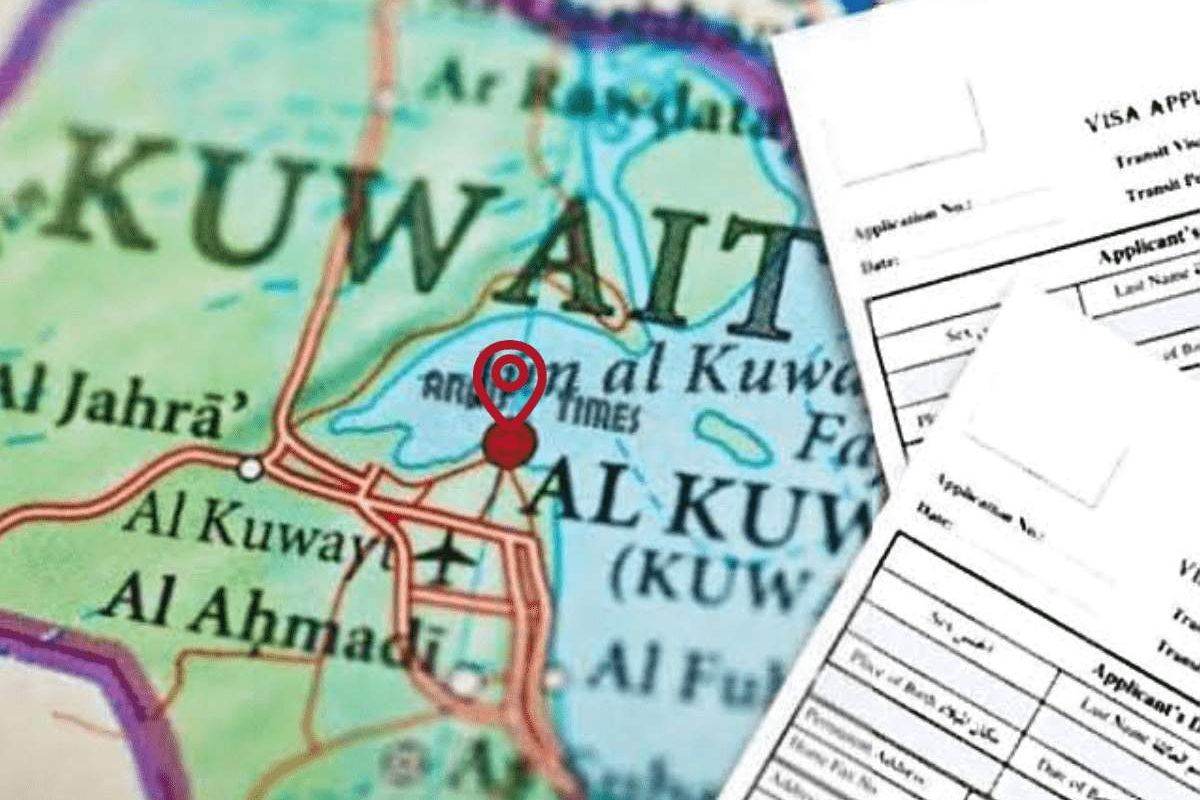Kuwait has recently introduced groundbreaking changes to its Visa Rules Empower regulations, allowing domestic workers to transfer their employment to the private sector. This shift represents a major milestone for migrant workers in the country, promising greater freedom, improved labor rights, and more diverse career opportunities.
For many years, Kuwait’s domestic workers were bound by strict visa and employment rules that confined them to work only for their original sponsors—typically private households. These rules often left workers vulnerable to exploitation, with little room to change jobs or seek better conditions. However, the new policy announced in mid-2024 breaks away from this tradition, enabling domestic workers to move into jobs within the broader private sector without requiring their previous employer’s explicit permission.
This change is expected to significantly improve the working lives of thousands of migrant domestic workers, who form a vital part of Kuwait’s labor force. It is also seen as a critical reform aligned with Kuwait’s ongoing efforts to modernize its labor market and improve human rights standards.

The domestic workforce in Kuwait largely consists of women from countries such as the Philippines, India, Sri Lanka, and Indonesia, who traditionally have had limited options to change jobs if faced with unfavorable or abusive working environments. Under the old kafala sponsorship system, workers depended entirely on their employers for their legal residency and work status, which often resulted in a lack of autonomy and bargaining power.
The new visa regulations offer a much-needed boost to worker mobility, allowing transfers to private sector employers without the former sponsor’s approval. This will enable workers to seek better opportunities, whether in hospitality, retail, healthcare, or other private industries, creating pathways to greater economic independence and stability.
Labor rights advocates have hailed the policy as a positive step towards dismantling the restrictive kafala system, which has been criticized by international organizations for enabling labor abuses. By facilitating easier job transfers, Kuwait aims to foster a safer and fairer environment for migrant workers.
Beyond empowering workers, the rule change is expected to provide economic benefits. The private sector in Kuwait often struggles to find skilled and reliable workers. By opening access to the existing pool of domestic workers, businesses can fill labor shortages more effectively. This can enhance productivity and stimulate economic growth as the country diversifies beyond oil and invests in various industries.
Moreover, the reform reflects Kuwait’s broader strategic vision to enhance its reputation as a progressive and attractive destination for foreign workers. Improving labor mobility and rights can help attract and retain talent, essential for building a resilient and diversified economy in the long term.
For domestic workers themselves, the ability to transfer to the private sector means gaining more control over their employment conditions. Workers will have the opportunity to leave exploitative situations and find jobs that offer better pay, safer environments, and clearer contracts. This autonomy is crucial to improving their quality of life and mental wellbeing.
Employers in the private sector also stand to benefit. Access to a wider labor pool means they can recruit from a more diverse range of workers with various skills and experiences. This could encourage better workplace standards as competition for talented workers grows, potentially raising wages and improving job satisfaction.
The Kuwaiti government has introduced protective measures alongside the visa rule changes. For example, workers must obtain a no-objection certificate to ensure that job transfers happen transparently and consensually, minimizing conflicts between employers and employees. These safeguards aim to balance the interests of all parties and reduce exploitation risks.
While the reform is a significant step forward, challenges remain. Ensuring the full implementation and enforcement of the new rules will be critical. Authorities will need to monitor the process carefully to prevent abuses and support vulnerable workers. Continued dialogue between the government, employers, and civil society organizations will be necessary to fine-tune policies and provide assistance where needed.
Kuwait’s visa reform could also inspire other countries in the Gulf Cooperation Council (GCC) region to reconsider their labor sponsorship models. Many Gulf nations are grappling with similar issues around migrant worker rights and labor market flexibility. Kuwait’s example demonstrates that progress is possible without compromising economic stability.
In conclusion, Kuwait’s new visa rules mark an important advance in the rights and freedoms of domestic workers. By allowing them to transfer to private sector jobs more easily, the government is fostering a more inclusive and flexible labor market. This change not only empowers workers but also supports economic diversification and social development.
The reform embodies a positive vision of progress that balances human dignity with business needs. It brings hope to many who have long sought greater agency and respect in their work lives, and it sets a promising precedent for future labor reforms in the region.
As Kuwait continues on this path, the international community will be watching closely. The success of these visa changes could shape the future of migrant labor policy across the Gulf, helping to build more just and prosperous societies for all.



